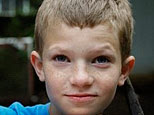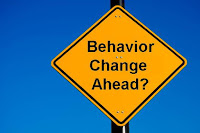Kids with ASD and Their Problems with Perfectionism

“I'd like to ask you about a very big problem for our autistic (high functioning) son - his perfectionism! Can you give me some advice on what to do about this issue, because I believe it is a major contributing factor to his never-ending anxiety, especially when doing his homework?” Although it may be hard to completely change a "special needs" youngster’s perfectionist nature, there are many things that parents can do to help their child find a better balance and not be so hard on himself. Please consider these suggestions: 1. The pressure to be perfect may stem from school (or other areas where perfectionism is exhibited) being the only place from where your son derives self-worth. Try to expand your son’s notion of his identity by finding activities for him to participate in that do not involve scoring or competition (i.e., activities that simply exist to feel good and have fun). 2. Regularly remind your son to “keep it simple” and “make it fun.”

